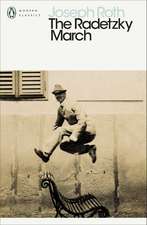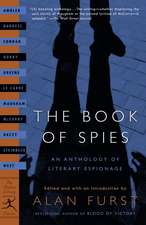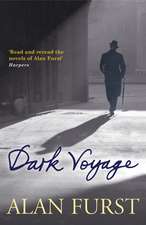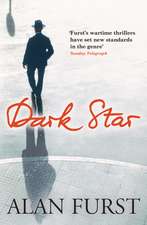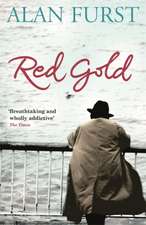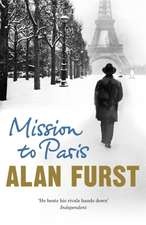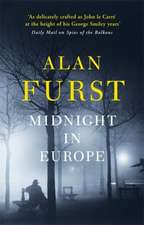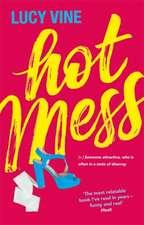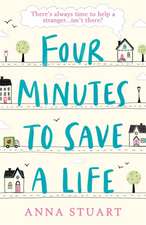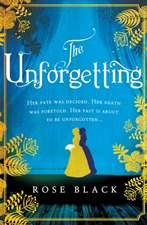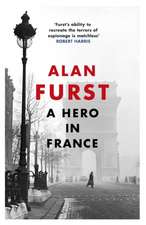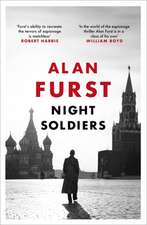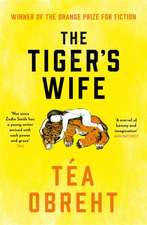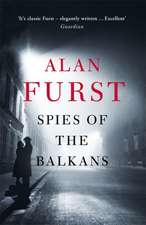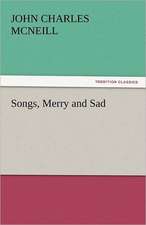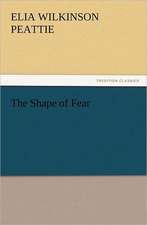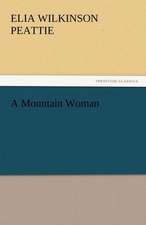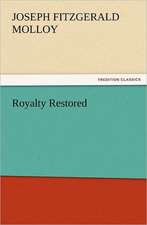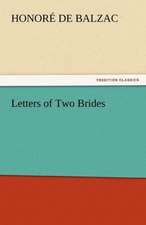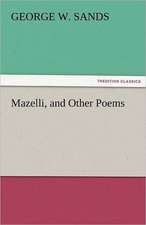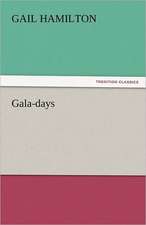The World at Night
Autor Alan Fursten Limba Engleză Paperback – 30 apr 2009
| Toate formatele și edițiile | Preț | Express |
|---|---|---|
| Paperback (2) | 48.06 lei 3-5 săpt. | +23.60 lei 6-12 zile |
| Orion Publishing Group – 30 apr 2009 | 48.06 lei 3-5 săpt. | +23.60 lei 6-12 zile |
| Random House Trade – 31 dec 2001 | 106.04 lei 6-8 săpt. |
Preț: 48.06 lei
Preț vechi: 63.32 lei
-24% Nou
Puncte Express: 72
Preț estimativ în valută:
9.20€ • 9.60$ • 7.61£
9.20€ • 9.60$ • 7.61£
Carte disponibilă
Livrare economică 14-28 martie
Livrare express 27 februarie-05 martie pentru 33.59 lei
Preluare comenzi: 021 569.72.76
Specificații
ISBN-13: 9780753826379
ISBN-10: 0753826372
Pagini: 320
Dimensiuni: 133 x 195 x 21 mm
Greutate: 0.2 kg
Editura: Orion Publishing Group
Locul publicării:London, United Kingdom
ISBN-10: 0753826372
Pagini: 320
Dimensiuni: 133 x 195 x 21 mm
Greutate: 0.2 kg
Editura: Orion Publishing Group
Locul publicării:London, United Kingdom
Notă biografică
Often compared to Graham Greene and Eric Ambler, Alan Furst is a master of the spy thriller and one of the great war novelists of our time. He is the author of Night Soldiers, Dark Star, The Polish Officer, and The World at Night. He lives in Sag Harbor, New York.
From the Hardcover edition.
From the Hardcover edition.
Extras
10 May, 1940
Long before dawn, Wehrmacht commando units came out of the forest on the Belgian border, overran the frontier posts, and killed the customs officers. Glider troops set the forest ablaze, black smoke rolling over the canals and the spring fields. On some roads the bridges were down, but German combat engineers brought up pontoon spans, and by first light the tanks and armored cars were moving again. Heading southwest, to force the river Meuse, to conquer France.
In Paris, the film producer Jean Casson was sleep. His assistant, Gabrielle Vico, tried to wake him up by touching his cheek. They'd shared a bottle of champagne, made love all night, then fallen dead asleep just before dawn. "Are you awake?" she whispered.
"No," he said.
"The radio." she put a hand on his arm in a way that meant there was something wrong.
What? The radio broken? Would she wake him up for that? It had been left on all night, now it buzzed, overheated. He could just barely hear the voice of the announcer. No, not an announcer. Perhaps an engineer--somebody who happened to be at the station when news came in was reading it as best he could:
"The attack...from the Ardennes forest..."
A long silence.
"Into the Netherlands. And Belgium. By columns that reached back a hundred miles into Germany."
More silence. Casson could hear the teletype clattering away in the studio. He leaned close to the radio. The man reading the news tried to clear his throat discreetly. A paper rattled.
"Ah...the Foreign Ministry states the following..."
The teleprinter stopped. A moment of dead air. Then it started up again.
"It is the position of the government that that this agresssion is an intolerable violation of Belgian neutrality."
Gabriella and Casson stared at each other. They were hardly more than strangers. This was an office romance, something that had simmered and simmered, and then, one night. But the coming of the war turned out to be, somehow, intimate, like Christmas, and that was a surprise to both of them. Casson could see how pale she was. Would she cry? He really didn't know very much about her. Young, and slim, and Italian--well, Milanese. Long hair, long legs. What was she--twenty-six? Twenty-seven? He'd always though that she fitted into her life like a cat, never off balance. Now she'd been caught out--here it was war, and she was smelly and sticky, still half-drunk, with breath like a dragon.
"Okay?" He used le slang Americain.
She nodded that she was.
He put a hand on her neck. "You're like ice," he said.
"I'm scared."
He went looking for a cigarette, probing an empty packet of Gitanes on the night table. "I have some," she said, glad for something to do. She rolled off the bed and went into the living room. Merde, Casson said to himself. War was the last thing he needed. Hitler had taken Austria, Czechoslovakia, then Poland. France had declard war, but it meant nothing. Germany and France couldn't fight again, they'd just done that-- ten million dead, no much else accomplished. It was simply not, everybody agreed, logique.
Long before dawn, Wehrmacht commando units came out of the forest on the Belgian border, overran the frontier posts, and killed the customs officers. Glider troops set the forest ablaze, black smoke rolling over the canals and the spring fields. On some roads the bridges were down, but German combat engineers brought up pontoon spans, and by first light the tanks and armored cars were moving again. Heading southwest, to force the river Meuse, to conquer France.
In Paris, the film producer Jean Casson was sleep. His assistant, Gabrielle Vico, tried to wake him up by touching his cheek. They'd shared a bottle of champagne, made love all night, then fallen dead asleep just before dawn. "Are you awake?" she whispered.
"No," he said.
"The radio." she put a hand on his arm in a way that meant there was something wrong.
What? The radio broken? Would she wake him up for that? It had been left on all night, now it buzzed, overheated. He could just barely hear the voice of the announcer. No, not an announcer. Perhaps an engineer--somebody who happened to be at the station when news came in was reading it as best he could:
"The attack...from the Ardennes forest..."
A long silence.
"Into the Netherlands. And Belgium. By columns that reached back a hundred miles into Germany."
More silence. Casson could hear the teletype clattering away in the studio. He leaned close to the radio. The man reading the news tried to clear his throat discreetly. A paper rattled.
"Ah...the Foreign Ministry states the following..."
The teleprinter stopped. A moment of dead air. Then it started up again.
"It is the position of the government that that this agresssion is an intolerable violation of Belgian neutrality."
Gabriella and Casson stared at each other. They were hardly more than strangers. This was an office romance, something that had simmered and simmered, and then, one night. But the coming of the war turned out to be, somehow, intimate, like Christmas, and that was a surprise to both of them. Casson could see how pale she was. Would she cry? He really didn't know very much about her. Young, and slim, and Italian--well, Milanese. Long hair, long legs. What was she--twenty-six? Twenty-seven? He'd always though that she fitted into her life like a cat, never off balance. Now she'd been caught out--here it was war, and she was smelly and sticky, still half-drunk, with breath like a dragon.
"Okay?" He used le slang Americain.
She nodded that she was.
He put a hand on her neck. "You're like ice," he said.
"I'm scared."
He went looking for a cigarette, probing an empty packet of Gitanes on the night table. "I have some," she said, glad for something to do. She rolled off the bed and went into the living room. Merde, Casson said to himself. War was the last thing he needed. Hitler had taken Austria, Czechoslovakia, then Poland. France had declard war, but it meant nothing. Germany and France couldn't fight again, they'd just done that-- ten million dead, no much else accomplished. It was simply not, everybody agreed, logique.
Recenzii
“First-rate research collaborates with first-rate imagination....Superb.”
—The Boston Globe
“[The World at Night] earns a comparison with the serious entertainments of Graham Greene and John le Carré....Gripping, beautifully detailed...an absorbing glimpse into the moral maze of espionage.”
—Richard Eder, Los Angeles Times
“[The World at Night] is the world of Eric Ambler, the pioneering British author of classic World War II espionage fiction....The novel is full of keen dialogue and witty commentary....[T]hrilling.”
—Herbert Mitgang, Chicago Tribune
“With the authority of solid research and a true fascination for his material, Mr. Furst makes idealism, heroism, and sacrifice believable and real.”
—David Walton, The Dallas Morning News
—The Boston Globe
“[The World at Night] earns a comparison with the serious entertainments of Graham Greene and John le Carré....Gripping, beautifully detailed...an absorbing glimpse into the moral maze of espionage.”
—Richard Eder, Los Angeles Times
“[The World at Night] is the world of Eric Ambler, the pioneering British author of classic World War II espionage fiction....The novel is full of keen dialogue and witty commentary....[T]hrilling.”
—Herbert Mitgang, Chicago Tribune
“With the authority of solid research and a true fascination for his material, Mr. Furst makes idealism, heroism, and sacrifice believable and real.”
—David Walton, The Dallas Morning News

